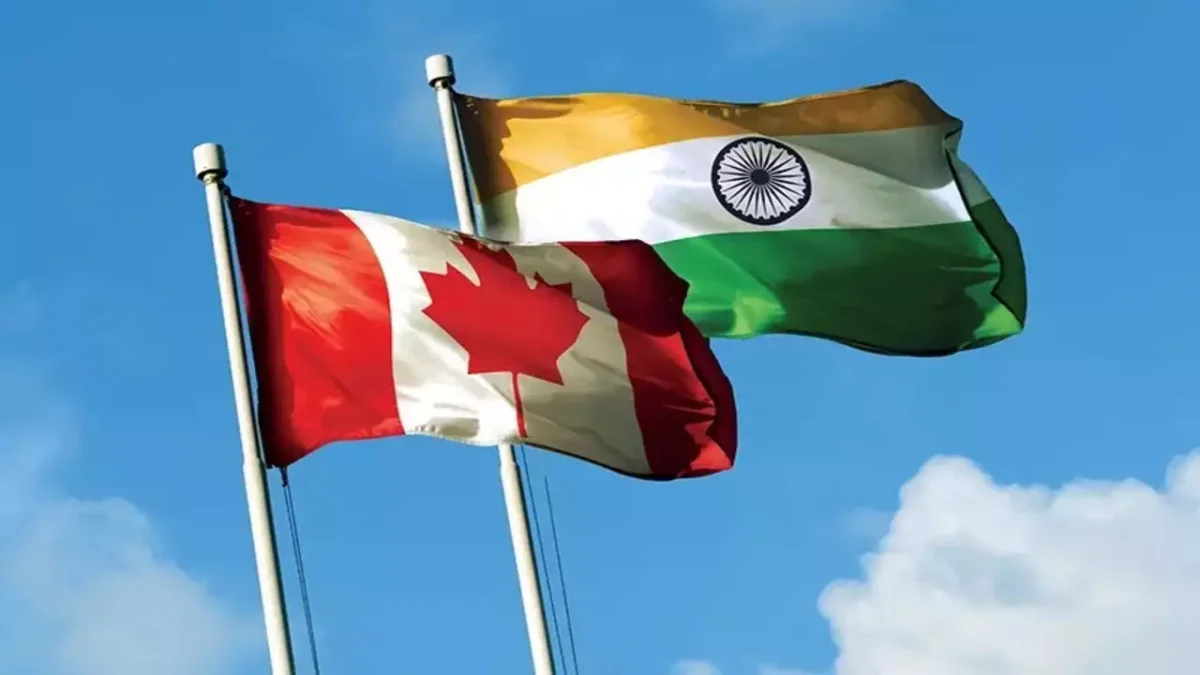In a press conference held in Montreal, Canadian Prime Minister Justin Trudeau reiterated Canada’s dedication to fostering closer connections with India, despite the presence of “credible allegations” regarding the Indian government’s involvement in the death of Sikh Separatist Leader Hardeep Singh Nijjar, as reported by Canada’s National Post. Emphasising India’s increasing global influence, Trudeau stressed the “extremely important” nature of ongoing engagement between Canada, its allies, and India.
Trudeau underlined the significance of India as a burgeoning economic powerhouse and a pivotal player on the global stage. He reaffirmed Canada’s commitment to building stronger ties with India, referencing their Indo-Pacific strategy introduced the previous year.
G-20 Meeting Strained
Friction between the nations became evident at the G20 summit in Delhi on September 9, where Mr. Trudeau opted out of an official leaders’ dinner. Although he held a brief meeting with Indian PM Narendra Modi, observers noted a distinct coolness in their interactions.
Shortly thereafter, in an address to the Canadian parliament, Mr. Trudeau asserted that they were actively investigating credible claims implicating Indian agents in Nijjar’s tragic demise. Subsequently, both countries took reciprocal actions by expelling a diplomat from each other’s missions. In a recent development, India suspended visa services for Canadians, citing security concerns at its diplomatic outposts in the country.
Moreover, during the 2023 G20 summit in New Delhi, Canada and India opted for a sideline meeting rather than a formal one-on-one. Prime Minister Narendra Modi raised concerns with his Canadian counterpart, Justin Trudeau, about Khalistani protests in Canada, while Trudeau brought up the allegations of Indian government involvement in the death of Hardeep Singh Nijjar. The talks were strained, influencing the ongoing trade discussions.
Story of Hardeep Singh Nijjar
Hardeep Singh Nijjar, originally from Punjab, India, moved to Canada in 1997. He settled in British Columbia, where he married, had two sons, and worked as a plumber. Nijjar became known for advocating Khalistan, a separate Sikh homeland. Labelled a terrorist by India, he was accused of leading the banned militant group, Khalistan Tiger Force (KTF).
In June of this year, at the age of 45, he was fatally shot by two masked assailants outside a Sikh temple in a Vancouver suburb. Prior to his death, Canadian intelligence services had reportedly cautioned him about potential threats to his safety. India has consistently denied any involvement in his assassination, dismissing Prime Minister Trudeau’s assertions as baseless.
Supporters remember Nijjar, a Canadian citizen since 2007, as a peaceful advocate for Sikh independence in British Columbia, deeply dedicated to his community. A significant memorial now stands outside the Surrey Gurdwara, where he served as president, and his funeral drew hundreds in attendance.
Whereas in India, he faced charges under the country’s Terrorist Act for various incidents. These included a 2007 cinema bombing in Punjab, resulting in six fatalities and 40 injuries, as well as the 2009 assassination of Sikh Indian politician Rulda Singh.
In 2020, an official statement from the Indian government alleged his direct involvement in “organizing, connecting, instructing, and funding” members of the KTF. He was additionally charged with overseeing training facilities in British Columbia, where supporters were prepared for potential attacks in India.
In September 2020, Hardeep Singh Nijjar was designated a terrorist by India’s National Investigation Agency (NIA) under the Unlawful Activities (Prevention) Act of 1967. The NIA labelled him an “absconder” and sought public assistance in locating him, offering a cash reward of Rs 10 lakh.
Subsequently, in July 2022, India’s National Investigation Agency, responsible for investigating terrorism-related offenses, offered a reward of $1.2 million for any information regarding Nijjar.
